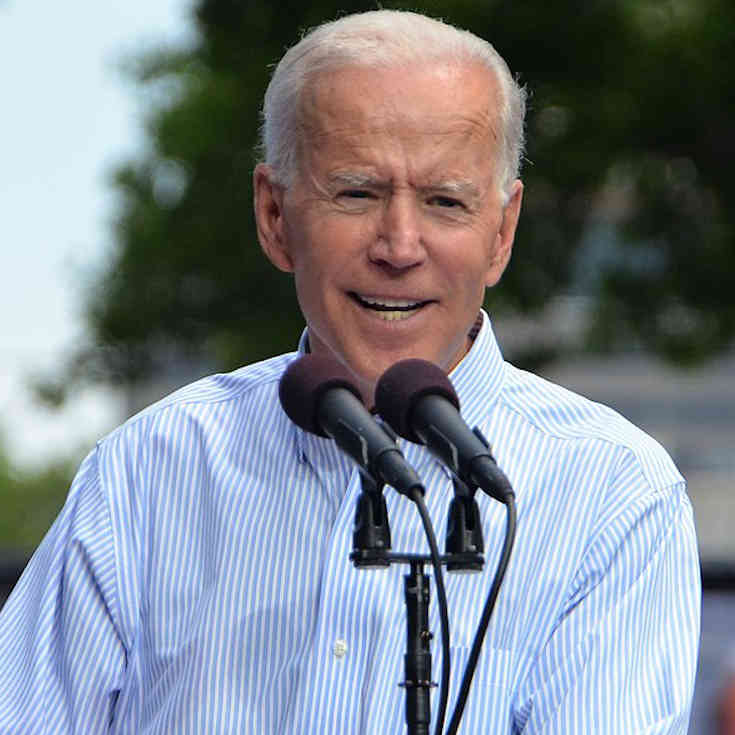Yesterday newly elected US President Joe Biden signed several executive orders that aim to “confront the existential threat of climate change”. This action has implications for Australia.
The new US plan
Saying “We have already waited too long to deal with this climate crisis, we can’t wait any longer,” President Biden outlined many features of his plan:
- Becoming carbon neutral by 2035.
- Establishing for the first time a government office of domestic climate policy.
- Setting new emissions reduction targets for the US.
- Creation or stimulus of industries and creating new jobs “modernising our water systems, transportation, our energy infrastructure – to withstand the impacts of extreme climate”.
- Government agencies to prepare for climate change.
- The government will purchase a fleet of US-made electric vehicles and improve energy efficiency in government buildings.
- Remove $40 bn annually of subsidies and tax breaks for the fossil fuel industry.
- Creation of a “Civilian Climate Corps Initiative” that will “put a new generation of Americans to work conserving and restoring public lands and waters”.
- Climate to be a priority for US national security and foreign policy, following on from his day 1 decision to rejoin the Paris climate agreement.
- Hosting a global summit on climate change, to be held on Earth Day on April 22.
- Providing a way forward for workers in the fossil fuel industry to move into new well-paid jobs. “We’re never going to forget the men and women who dug the coal and built the nation. We’re going to do right by them, make sure they have opportunities to keep building the nation in their own communities and getting paid well for it,” Biden said.
- Investment in building sustainable housing in poorer communities, as a way of addressing both environmental and social needs.
- Taking notice of, and being guided by, the science.
President Biden argued that his plan would address environment protection at the same time as invigorating the economy by creating millions of new jobs and reducing inequality by supporting poorer communities. Investing in clean energy is good for the environment and the economy, he said.
He said he would press Congress to approve expenditure of $2 trillion to support his ambitious plan. Whether he will get the required support remains to be seen. But it seems that much of the business community in the US (e.g. Wall St, the automotive industry) supports him.
And Australia?
The President foreshadowed during the election campaign that he would be pressing other world leaders to join him in more rigorous and realistic plans to reach net zero carbon emissions quickly.
We can envisage Australia being affected in several ways:
- US diplomacy will likely put pressure on Australia to lift its climate game.
- The US has an enormous impact technologically on Australia and the world. New technologies developed or supported by the US will likely become available at lower cost here.
- The US example will add impetus to the climate debate in Australia. Just showing it can be done will (hopefully) help reduce the influence of the climate sceptics.
Our present government (and the opposition for that matter) seem to be living in fear of, or captive to, the fossil fuel lobby and the Murdoch press. We can ask and expect them to do better in the future.
This is a good day
We can be encouraged. This will hopefully be an incentive for Australians to vote for representatives who will start to be part of the solution rather than part of the problem.
Read more
- The plan Joe Biden took to the election.
- Biden signs ‘existential’ executive orders on climate and environment. BBC.
- Biden signals radical shift from Trump era with executive orders on climate change. The Guardian, 28 January, 2020.
- Biden says tackling climate change will create jobs, bring economic recovery. ABC News (US), 28 January 2020.
Photo by Michael Stokes, Wikipedia.
